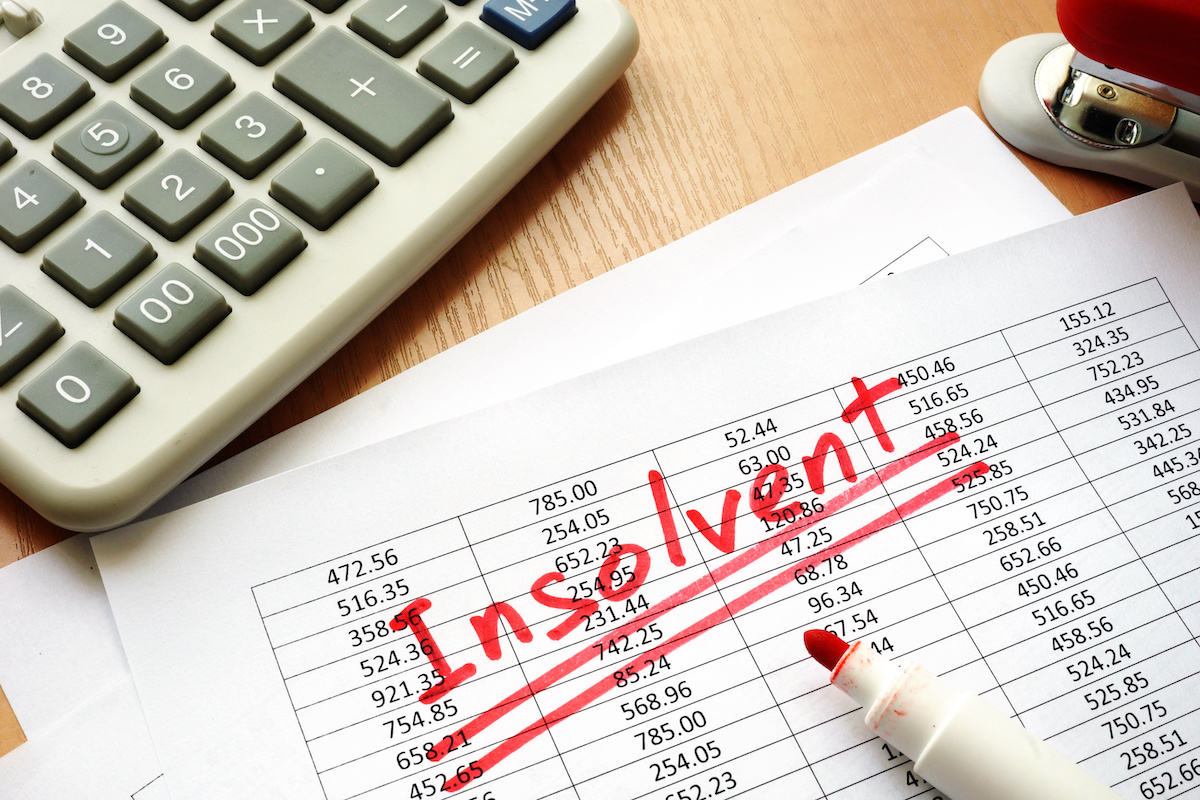Six ways to preserve your business’ value
The coronavirus pandemic has thrown the Australian economy into turmoil. Directors are assessing their position daily across the country and creditors are asking what options are available to them. James Flaherty, director of Insolve, spoke to two senior Insolvency and Reconstruction practitioners to find out what company directors need to be considering during this unprecedented time.
John Morgan is the Head of BCR Advisory, and Ginette Muller is a Safe Harbour specialist and Partner at Hall Chadwick. Both are members of the Association of Independent Insolvency Practitioners and panel members of Insolve.
It’s a difficult time for all, and the most profitable businesses are not immune. John says:
“I’m seeing organised, successful business people come in or call me. People who had until a week ago had a solid, well run business. There are options for many of them, but not all. As always, time is critical”.
These are the key actions John recommends directors take.
1. Preserve cash
Who must you pay? Who can wait? Money in the bank is critical. Some of the government stimulus is a credit, rather than cash, and some of it are loans.
Many businesses are reluctant to borrow, so they must weigh up their ability to carry debt in the medium to long-term.
2. Strike a deal with creditors
Can your landlord cut you a deal? Who will take part payments? Can payment terms be pushed out to six weeks? Have this conversation as soon as possible, be open and see who will give you more lenient terms.
3. Make a deal with the bank
There are essentially six-month payment holidays on offer (although the interest gets added to the loan). Should you take one? And what else is on offer? Ask the question of your bank as support differs from institution to institution.
4. Reduce your overheads to your revenue
There’s no point employing more people than you cannot pay. Directors are already looking to stand down or lay off people. Obviously, make sure that you are working within the relevant awards, agreements and contracts so that you know what course of action you can lawfully take.
Redundancies typically make staff severance and long-service entitlements due. Can you pay that all at once?
Cut back now on whatever’s not necessary. What subscriptions and regular deliveries are not essential to your business and need to stop?
Ginette’s take on Safe Harbour
Ginette says:
“Last week was busy for me in relation to advice on Safe Harbour. Over the weekend, the government turned this on its head by making ‘Safe Harbour’ available to everyone.
I think that’s a very sensible move and a lot of directors will be grateful. Six months will be gone in a flash so businesses mustn’t waste the opportunity and should be considering all restructuring options available to them.”
Learn more about Safe Harbour
“The Government has given everyone a fighting chance by gifting all directors Safe Harbour for 6 months.
The ink is still drying and there are likely to be some circumstances such as non-ordinary course of business debts that will be excluded from the blanket protection, but for 99% of directors who are doing the right thing – this is a welcome relaxation from Australia’s harsh insolvency laws.
It means that the personal liability normally applicable to directors who trade whilst insolvent is suspended for the next 6 months. You need to find out what this means, what’s covered, and what isn’t.”
Ginette and John agree that most directors will need to have a Safe Harbour plan for at least 12 months (i.e. after the government protection period is lifted). Get it in place now.
Watch this webinar with Ginette Muller on Safe Harbour and Insolvency.
5. Make a plan
Businesses needs to work with insolvency accountants and other trusted advisors, and workshop the right structure for handling the crisis. The government has provided significant stimulus but navigating what applies is crucial.
Structures exist which help save businesses in some form.
Voluntary administration
John suggests voluntary administration, with a ‘Holding Deed of Company Arrangement’ and Creditors’ Trust is an example of a tool used to preserve value of the business, keep the lights on, and negotiate with the ATO and landlords.
John is expecting the ATO to be cooperative.
6. Get advice
Advice from qualified people is crucial. Members of Insolve are all ASIC registered insolvency practitioners.
This area is highly specialised, and accountants, lawyers, and ‘consultants’ should themselves be seeking advice from appropriately qualified professionals such as John Morgan and Ginette Muller.



